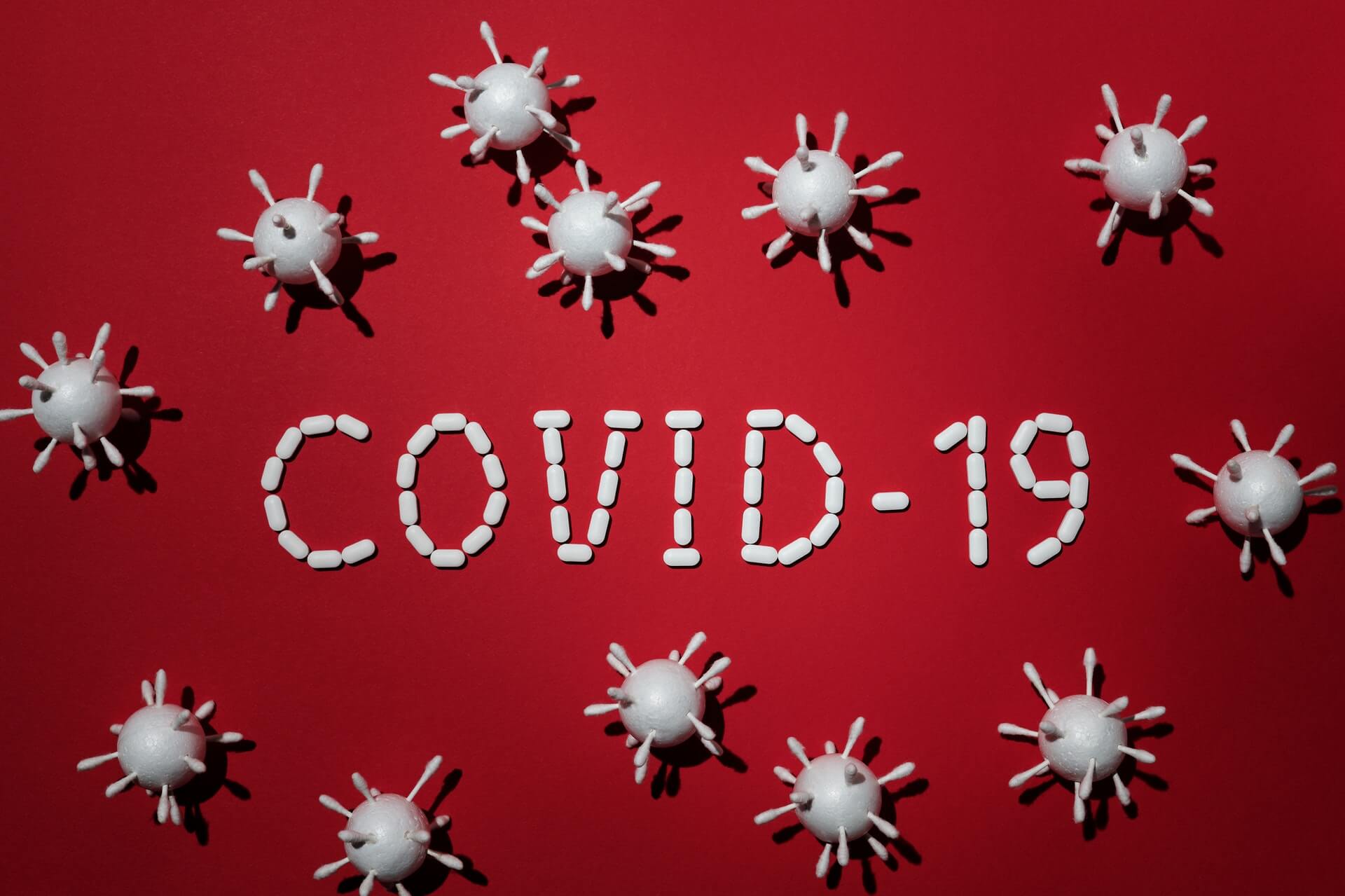
The new lipopeptide Nasal Spray can prevent coronavirus
Since the coronavirus infection SARS-CoV-2 struck the world, researchers and scientists along with healthcare providers rushed to develop various treatments, vaccination, and prevention techniques. Now there are hundreds of COVID-19 vaccines in development, preventive measures such as social distancing, wearing a mask or quarantine, and medicines such as Ayurvedic immunity boosters, Remedesivir, hydroxyquinoline, etc. Recently, one such strong and effective preventive medicine that has caught the attention of many is the new lipopeptide nasal spray that has proven to block the SARS-CoV-2 infection. This nasal antiviral spray was created by researchers and scientists at Columbia University Vagelos College of Physicians and Surgeons. In order to prevent the new coronavirus from entering host cells, the compound in the spray is a lipopeptide developed by Anne Moscona, MD, and Matteo Porotto, Ph.D., professors in the Department of Pediatrics and directors of the Center for Host-Pathogen Interaction.
The lipopeptide, which is a mixture of lipids and peptides, prevents the coronavirus from fusing with the membrane of the target cells by blocking the required shape of the main protein. It should operate instantly, and last at least 24 hours, researchers claim. The antiviral lipopeptide can be manufactured inexpensively, has a long shelf life, and does not require cooling or any type of refrigeration. These features make it stand out like monoclonal antibodies, from other antiviral approaches under development. The new nasal lipopeptide could be ideal for stopping the spread of COVID in the United States and internationally; in rural low-income, and difficult-to-reach communities, the transportable and stable compound could be particularly significant.
How was it tested?
This new lipopeptide nasal spray was tested on ferrets because the lungs of these animals and humans are similar. Researchers from the Columbia University Medical Center in New York, the Erasmus Medical Center in the Netherlands, and Cornell University in Ithaca, N.Y., performed testing of the intranasal fusion inhibitor lipopeptide spray. Researchers conducted regular intranasal administration of the lipopeptide spray fusion inhibitor to six ferrets divided into three cages in their sample. The three different cages each had two ferrets housed in them. One of the two additional ferrets got a placebo spray, and the other was purposely contaminated with SARS-CoV-2 a day or two days ago. During a 24-hour co-housing period with infected animals, the spray absolutely prevented SARS-CoV-2 direct-contact transmission. At the conclusion of the testing, all of the untreated animals who had direct exposure to the virus had an infection.
In this analysis, their virus-shedding cage mates infected 100% of the untreated ferrets, approximating an environment such as sharing a bed or near living conditions for individuals.
The nasal spray cannot be administered all over the world yet
The spray can not, however, be given out for public use just yet. The nasal spray still has to go through human clinical trials, like every other medical tool. To provide access to one and all, the spray also needs to be manufactured in large quantities. Scientists are aiming to “progress rapidly” toward further research. These peptides may be used in any situation where an uninfected person would be exposed, whether in a home, school, health care environment, or community, Moscona and Porotto propose. With the goal of containing transmission during this pandemic, scientists aim to rapidly advance the preventive approach to clinical trials.







